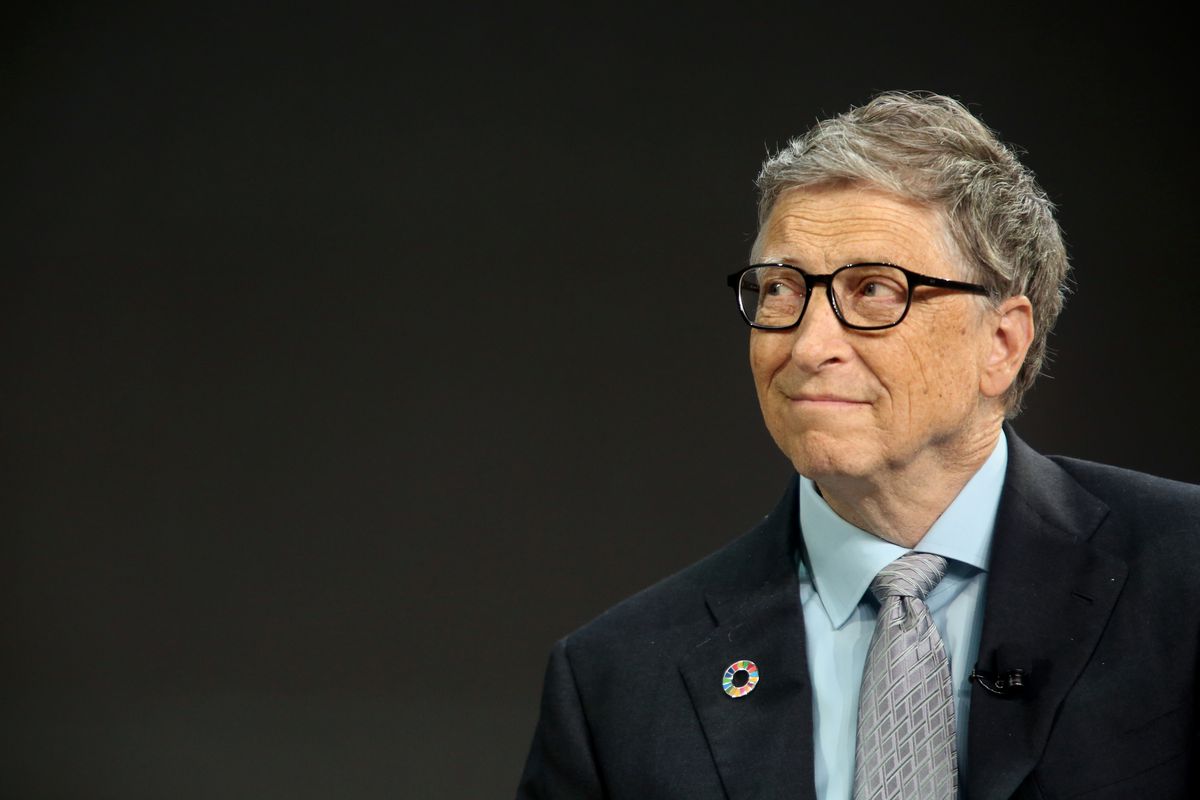At the boundary 2 website, John Pat Leary parses the religious and capitalistic connotations of the notions of “innovation” and the “innovator.” “The ideology of innovation,” writes Leary, “with its emphasis on processes rather than outcomes, and individual brilliance over social structures, asks us to accommodate global inequality, rather than challenge it.” Leary goes on to explore how the ideology of innovation has been adopted by global development organizations and NGOs, with disastrous results for the world’s poor. Here’s an excerpt:
This essay explores the individualistic, market-based ideology of “innovation” as it circulates from the English-speaking first world to the so-called third world, where it supplements, when it does not replace, what was once more exclusively called “development.” I am referring principally to projects that often go under the name of “social innovation” (or, relatedly, “social entrepreneurship”), which Stanford University’s Business School defines as “a novel solution to a social problem that is more effective, efficient, sustainable, or just than current solutions” (Stanford Graduate School of Business). “Social innovation” often advertises itself as “market-based solutions to poverty,” proceeding from the conviction that it is exclusion from the market, rather than the opposite, that causes poverty. The practices grouped under this broad umbrella include projects as different the micro-lending banks, for which Yunus shared the 2006 Nobel Peace Prize; smokeless, cell-phone charging cookstoves for South Asia’s rural peasantry; latrines that turn urine into electricity, for use in rural villages without running water; and the edtech academic and TED honoree Sugata Mitra’s “self-organized learning environment” (SOLE), which appears to consist mostly of giving internet-enabled laptops to poor children and calling it a day.
The discourse of social innovation is a theory about economic process and also a story of the (first-world) self. The ideal innovator that emerges from the examples to follow is a flexible, socially autonomous individual, whose creativity and prophetic vision, nurtured by the market, can refashion social inequalities as discrete “problems” that simply await new solutions. Guided by a faith in the market but also shaped by the austerity that has slashed the budgets of humanitarian and development institutions worldwide, social innovation ideology marks a retreat from the social vision of development. Crucially, the ideologues of innovation also answer a post-development critique of Western arrogance with a generous, even democratic spirit. That is, one of the reasons that “innovation” has come to supersede “development” in the vocabulary of many humanitarian and foreign aid agencies is that innovation ideology’s emphasis on individual agency serves as a response to the legitimate charges of condescension and elitism long directed at Euro-American development agencies. But compromising the social vision of development also means jettisoning the ideal of global equality that, however deluded, dishonest, or self-serving it was, also came with it. This brings us to a critical feature of innovation thinking that is often disguised by the enthusiasm of its tech-economy evangelizers: it is in fact a pessimistic ideal of social change. The ideology of innovation, with its emphasis on processes rather than outcomes, and individual brilliance over social structures, asks us to accommodate global inequality, rather than challenge it. It is a kind of idealism, therefore, well suited to our dispiriting neoliberal moment, where the sense of possibility seems to have shrunk.
Image of Bill Gates via The Verge.
